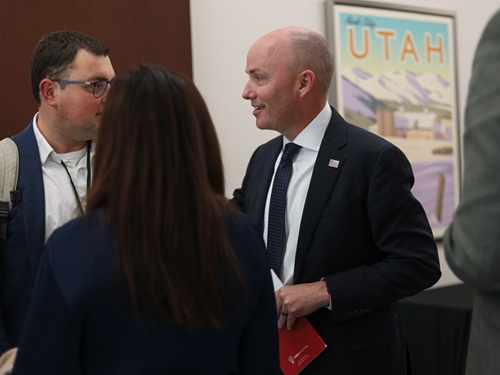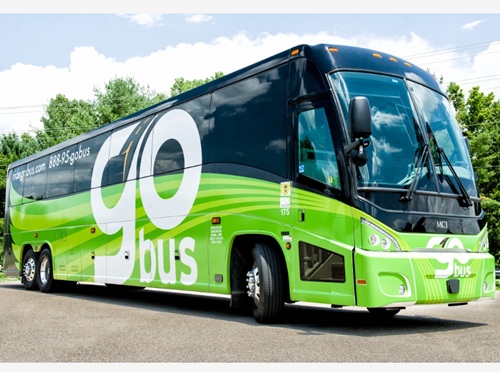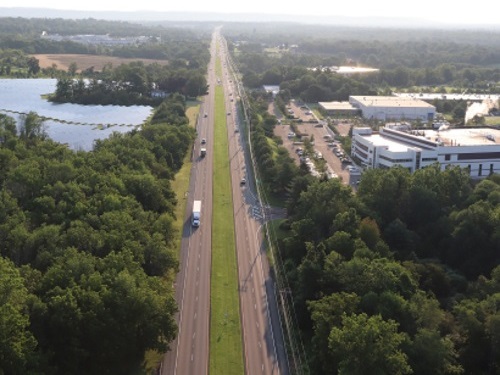The New Jersey Department of Transportation and the Eastern Transportation Coalition are seeking state residents to volunteer for a mileage-based user fee or MBUF pilot program.
[Above photo by the New Jersey DOT]
Motorists who participate can earn $100 and will help policy makers explore potential alternatives to the fuel tax to maintain New Jersey’s roads and bridges, the agency said in a statement.
Currently, New Jersey funds transportation infrastructure projects largely from state and federal fuel taxes paid by drivers on each gallon of fuel purchased at the pump. As vehicles go farther on less fuel, and with some not using any fuel at all, it will be harder to maintain a well-functioning transportation system, the agency said.
[The video below, created by the New Jersey DOT in June, explains the MBUF program in more detail.]
A MBUF approach means each driver pays a fee based on miles driven, the agency said, instead of paying fuel taxes. It could provide an alternative approach for funding transportation projects based on how much an individual drives, regardless of the type of vehicle.
The program is open to all New Jersey residents with a valid driver’s license and a vehicle. A small device plugged into the volunteer vehicles tracks and records mileage and, after a few months of driving, the participant mails the device back. There are strict privacy protection measures in place to safeguard personal data, New Jersey DOT stressed.

In March, the Eastern Transportation Coalition issued a 108-page report tallying up the results of MBUF pilot programs conducted over the course of 2020 and 2021 – specifically focused on concerns about privacy, rural drivers, and commercial trucking operations.
Patricia Hendren, the coalition’s executive director, noted that the report highlights the “feasibility” of an MBUF program as “a viable, scalable model for funding our nation’s highway infrastructure by addressing concerns around privacy and impact on all users, from rural to urban settings as well as cars and trucks.”
She added that the coalition “will continue working with our state departments of transportation partners to communicate with the public about the advantages of replacing the traditional fuel tax model with mileage-based user fees.”
 States
States
Master Plan Map Completed for Utah Trail Network
October 31, 2025 States
States

